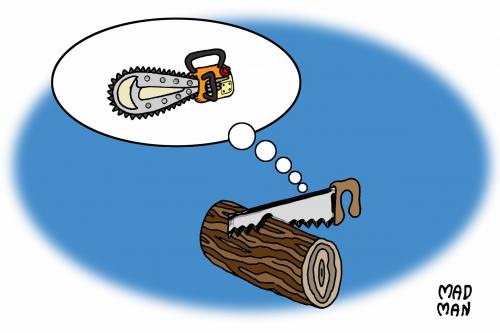The Court of Appeal recently denied the City of San Rafael’s petition for a writ of review, the workers’ compensation Judge and the Workers’ Compensation Appeals Board having both rejected defendant’s theory that Labor Code section 4850, using the words “in lieu,” triggers the two-year maximum on temporary disability found in Labor Code section 4656(c)(1). The case is City of San Rafael v. Workers’ Compensation Appeals Board (Monte Payne).
The WCJ and the WCAB both held that the wage continuation benefits are not temporary disability, so applicant was entitled to one year of wages (§ 4850) and two years of temporary disability (§ 4656(c)(1)). Fortunately for most employers, Labor Code section 4850 is confined to peace officers, firefighters, and other public servants with especially powerful unions and lobbying groups. (To my dear city and county adjusters, I’m sorry!)
This was a laudable effort, but it appears there was some non-binding, writ-denied authority rejecting the idea. Your forward thinking blogger could re-list that authority here, but can’t imagine how such leg-work could possibly help the defense community. However, your ever-creative blogger has a modest, suggestion of what might help in a very limited and narrow set of circumstances.
Labor Code section 4850 allows for continued wages “in lieu of temporary disability benefits,” whenever an applicant “is disabled, whether temporarily or permanently, by injury arising out of and in the course of his or her duties.” But for those injuries which occurred on or after April 19, 2004, and on or before December 31, 2007, section 4656(c)(1) limits the amount of temporary disability to not only 104 weeks, but a maximum of two years, whether all 104 weeks have been used or not.
Bear in mind, dear readers, what follows is another “crazy” idea from your legally adventurous blogger – I’m not sure if this will work, and if you’re inclined to try it, please let me know how it goes. And if you’re looking for a lawyer willing to risk sanctions and a disapproving head-shake from a WCJ, I’ll be glad to step in.
So you’ve got an applicant who qualifies for wage continuation under section 4850, and the date of injury is between 4/19/04 and 12/31/07. section 4850, in terms of temporary disability, only applies if there IS temporary disability. So, when applicant is TD and demands section 4850 benefits, send him or her two checks – one for a day of temporary disability, and one for wage continuation under 4850.
But now that the applicant is getting wage continuation under 4850, he or she is no longer entitled to temporary disability payments, so in two weeks, send only one check (wage continuation) and a termination of benefits notice. When the 4850 benefits have become exhausted, and applicant demands temporary disability benefits, the clock has already been running for a year, and you may have just saved 2/3rd of a year’s salary for your reserves.
I cite, as example, the panel decision of Rhonda Morris v. Nummi (2008 Cal. Wrk. Comp. P.D. Lexis 925), where the WCAB held that the payment of temporary disability from December 14 to December 18, 2005 had precluded applicant from collecting temporary disability payments more than two years later, following surgery, and that WCAB was not permitted to consider whether applicant was actually temporarily disabled at the time the first payment was made.
Do you think this would work?

